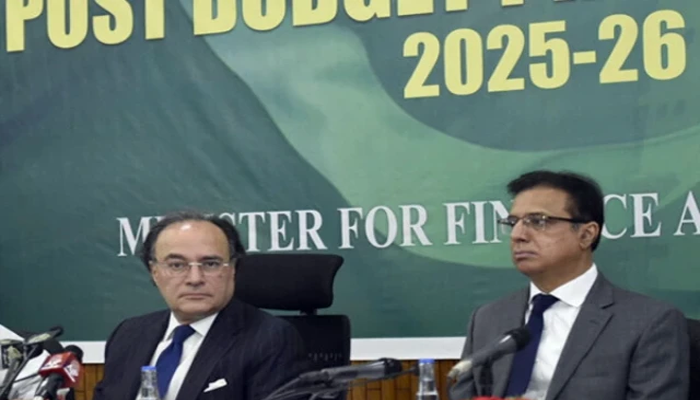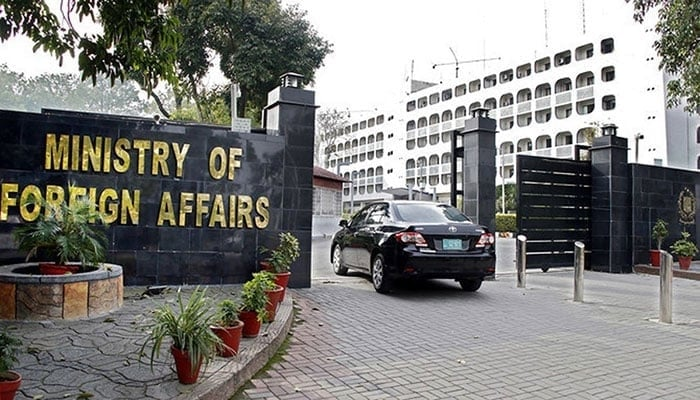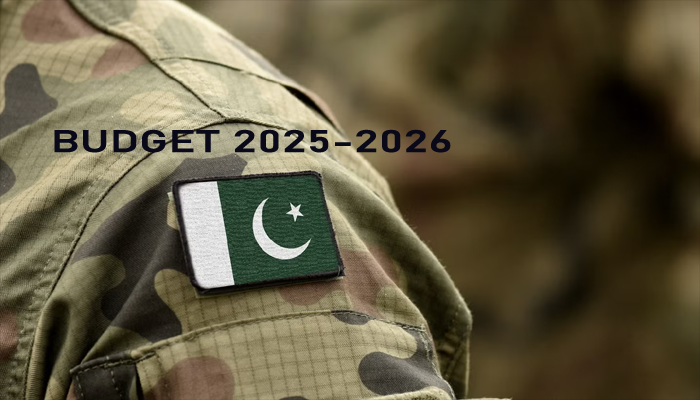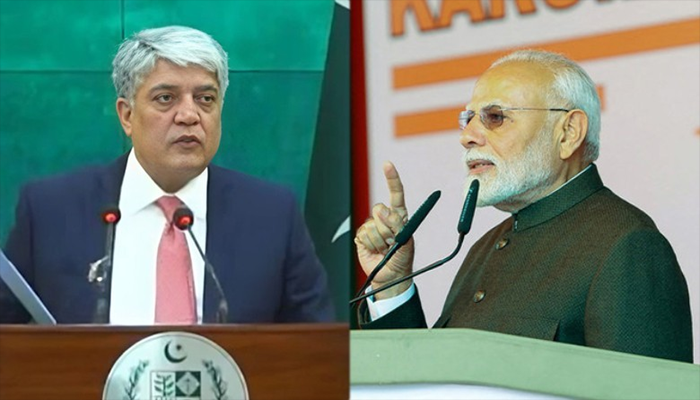ISLAMABAD: Finance Minister Muhammad Aurangzeb on Tuesday held a post-budget press conference to explain the key details of the Rs17.573 trillion federal budget for the fiscal year 2025-26. However, the event was overshadowed by a walkout staged by journalists protesting the absence of a technical briefing on the Finance Bill.
Journalists had boycotted the press conference, expressing frustration over the Federal Board of Revenue’s (FBR) failure to hold the traditional pre-briefing session that helps clarify complex tax proposals. Their protest was supported by Information Minister Attaullah Tarar, who acknowledged the media’s concerns as “absolutely valid” and promised the FBR chairman would soon conduct the missing briefing.
Following Tarar’s apology and show of solidarity, the media professionals returned to the session, allowing Aurangzeb to proceed with presenting the government's economic vision.
Aurangzeb called the tariff rationalization initiative a “major and important step” in aligning Pakistan’s trade and industrial policies with global standards. The reform is designed to simplify the tariff regime and reduce the average tariff rate to just over 4 percent.
Out of 7,000 tariff lines, additional customs duty has been removed on 4,000, with 2,700 seeing reductions in customs duties. Of these, 2,000 lines are linked to raw materials and intermediary goods used by exporters.
“This is a structural reform that hasn’t been undertaken in the past 30 years,” said Aurangzeb, adding that the plan marks a decisive shift away from protectionism to an export-led economic model.
Aurangzeb stressed that these changes are not just fiscal but represent a transformation in Pakistan’s macroeconomic framework. The reforms aim to promote efficient resource allocation, support industrial growth, and stabilize the country’s balance of payments.
To support salaried individuals, the government has adjusted income tax slabs while ensuring that relief remains within fiscal constraints. The finance minister also announced a phased reduction in super tax on mid-sized corporations, describing even a 0.5% cut as “an important signal to the market.”
The government has introduced reforms in the construction and agriculture sectors, restructuring taxes to reduce transaction costs and increase credit access. A new housing finance scheme is also in the works in collaboration with the State Bank of Pakistan.
Highlighting improved tax enforcement, Aurangzeb revealed that Rs400 billion in additional revenue was collected this fiscal year. The tax-to-GDP ratio is expected to reach 10.4% this year and 10.9% in 2025-26. He confirmed legislative reforms are planned to strengthen tax compliance further.
Aurangzeb reaffirmed agriculture’s central role in economic growth, emphasizing support for dairy, livestock, and agri-financing. He credited prudent financial management for containing subsidies and reducing debt servicing, despite inflation standing at 7.5%.
Budget Presentation and Opposition Uproar
The minister emphasized that the budget, the second under the coalition government, achieved a primary surplus of 2.4% of GDP, while inflation dropped to 4.7% due to timely measures. However, the National Assembly session saw chaos as opposition lawmakers from PTI and Sunni Ittehad Council protested, calling it an IMF-dictated budget and questioning the government's mandate.
As protests erupted, opposition members tore budget documents and raised slogans, while PML-N lawmakers gathered around Prime Minister Shehbaz Sharif in a show of unity.









